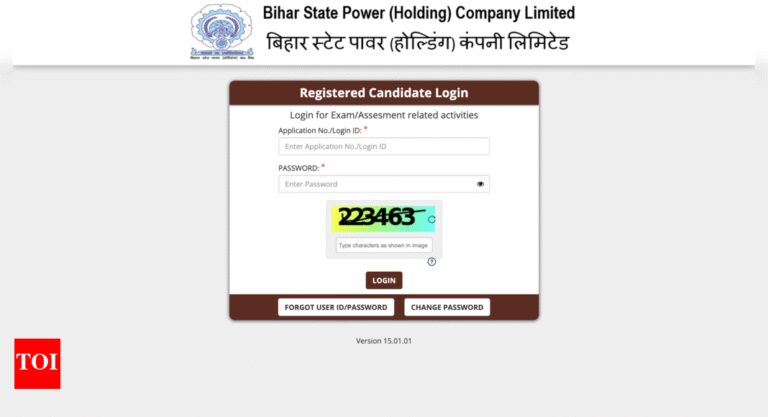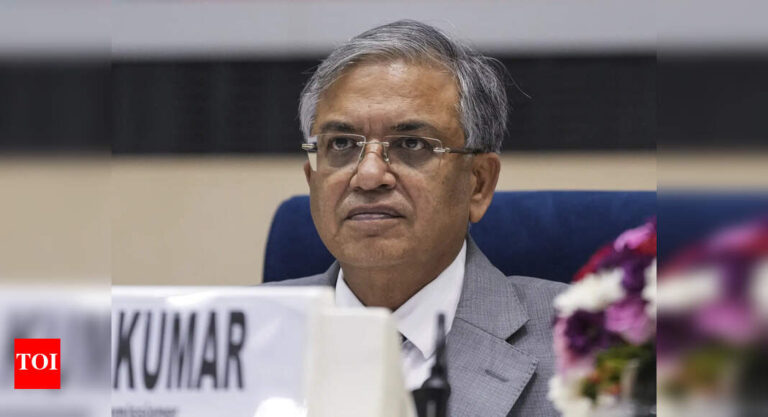
In the digital age, work has seeped into personal hours via emails, messages, calls and video links that demand attention long after the “official” day ends. Recognising this, Kerala is moving to introduce a Right to Disconnect Bill 2025, aimed at legally protecting private sector employees from after-hours demands. The bill would stipulate that employees can abstain from attending calls, emails, video conferences, SMS or other communications outside their agreed working hours and prohibits punitive actions like demotion or dismissal for exercising this right but passing a law is only the start. To be meaningful, such a law must rest on effective strategies that mitigate stress, preserve psychological detachment and balance competing work and family demands.After-hours work blurs boundaries and erodes detachment. A 2022 study published in Frontiers in Psychology explored how after-hours connectivity affects thriving at work and family outcomes. The authors found a “double-edged sword” effect where work connectivity behaviour after-hours sometimes boosts work thriving (through enrichment) but also increases work–family conflict and impairs thriving in the family domain. In other words, perpetual connectivity makes it harder to mentally detach, increasing stress.Similarly, a 2017 survey-based study on after-hours email expectations titled Exhausted, but Unable to Disconnect: The Impact of Email-related Organizational Expectations on Work-Family Balance revealed that it is not necessarily the volume of after-hours emails but rather the perception that “one is expected to respond” that leads to emotional exhaustion. The paper noted, “The organisational expectation for employees to be available during non-work hours has a powerful influence on emotional depletion due to inability to detach from work.” This underscores that legal rights must be backed by cultural norms that reduce implicit “always-on” expectations.
Company-level “Right to Disconnect” policies show promise
Eurofound’s 2023 survey report assessed organisations in EU countries that already have such policies. They found that in the companies with formal disconnect policies, double the share of workers reported high job satisfaction compared to companies without while workers in organisations lacking disconnect policies more often reported health issues like headaches, stress and anxiety. However, simply having a policy is not enough: implementation requires awareness-raising, manager training, limiting out-of-hours contact and regular review. These findings imply that Kerala’s Bill should mandate not just the right but accompanying organisational infrastructure and accountability mechanisms.Disconnecting helps reduce burnout, restoring productivity and trust. A 2018 study reported by Lehigh University summarised that instituting policies around after-hours emailing can signal organisational care and reduce emotional exhaustion, while boosting trust and job commitment. It stated, “Such policies may not only reduce employee pressure to reply to emails after-hours … but will also serve as a signal of organizational caring … increasing job commitment.” More recently, analyses compiled by Phys.org found that answering emails after hours correlates with higher burnout, declining productivity and negative sentiments toward employers. These support the idea that shielded downtime is not a productivity loss, it is essential for sustainable performance and psychological safety.Scoping reviews reveal gaps and best practices for “Right to Disconnect”. A 2024 scoping review in Sustainability mapped the themes across the existing literature and offered guidance for implementation. It suggested that disconnect policies must differentiate between roles (emergency or on-call roles may need exceptions), clarity is essential so specify which technologies and communications and hours are covered, employee-manager agreements along with monitoring and joint review mechanisms help adapt policy to local contexts and cultural norms and leadership buy-in are critical so if managers continue to contact employees after hours, policy is undermined. This review suggests that Kerala’s Bill should include mechanisms for regular evaluation and adaptation, not just enforcement.
How Kerala’s Bill can shield workers effectively
Based on the features of the Bill proposed so far, here are concrete strategies that Kerala should embed (or encourage) to make the Right to Disconnect meaningful:
- Mandate clear boundaries and specify technologies: The Bill defines the right to abstain from work notifications via calls, SMS, email, video conferencing, etc., beyond fixed working hours. It must also specify exceptions (emergencies, pre-agreed tasks) and require explicit definitions of “working hours” and “urgent communication.”
- Create district-level grievance redressal committees: The Bill proposes that each district have a Private Sector Employment Grievance Redressal Committee, chaired by the regional joint labour commissioner, to handle employee complaints and monitor compliance. This can help ensure legal recourse and transparency.
- Build employer-level implementation infrastructure: Employers should be required to draw internal policies (in coordination with employees) that define modalities of disconnection. Echoing the Eurofound findings, Kerala’s Bill should mandate manager training, employee awareness and monitoring of after-hours contacts.
- Measure outcomes and require reporting: To guard against lip service, the Bill could require annual reporting of after-hours contact incidence, complaints resolved, health outcomes, and employee satisfaction. The scoping review recommends this for accountability.
- Safeguard against retaliation and ambiguity: The Bill already prohibits disciplinary action (demotion, dismissal, withholding benefits) for exercising the right. It should also define clear protections for whistleblowers and guarantee that employees can exercise disconnect rights without fear of retribution.
- Phase in with pilot sectors and adapt to role differences: Different jobs (e.g., health, IT, journalism and media, emergency services) may have varying after-hours demands. The Bill could initially pilot in sectors with high digital communication loads (like IT) and gradually refine rules through stakeholder feedback that are consistent with the scoping review’s recommendation to adapt for context.
- Embed psychological health guidance and cultural shifts: The Bill should encourage or require periodic training and awareness sessions about healthy boundaries, digital hygiene, and mental health. Research suggests that merely creating a law without shifting norms (e.g. managerial after-hours contact) weakens impact.
Kerala’s proposed Right to Disconnect Bill 2025 is a landmark step in India’s journey toward protecting workers’ mental health, personal time and dignity but for it to do more than exist on paper, it must be backed by empirically validated strategies like clear definitions, grievance mechanisms, organisational practices, cultural enforcement and ongoing evaluation. Research across fields, from studies on after-hours connectivity to surveys in European workplaces and scoping reviews, demonstrates that policies limiting after-work communication are not just symbolic. They can reduce burnout, enhance detachment, support well-being and even sustain productivity. Kerala’s Bill has the potential to become a model for other states to follow but only if lawmakers build in these safeguards from the start.








